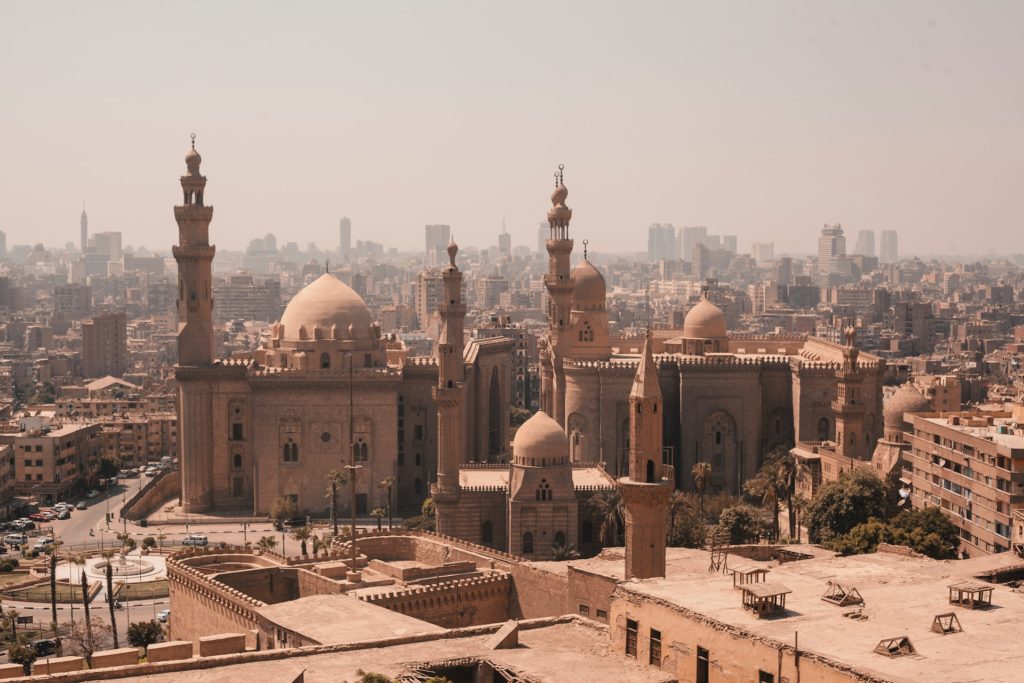With an employment rate of up to 23.3 percent and a GDP contribution of 11.4%, agribusiness is a key sector of the Egyptian market. Rice, grain, maize, cotton, cane, and horticultural products like vegetables, berries, and dates are the principal agricultural products. If done properly, starting an agribusiness in the country can be a lucrative endeavor.
Before beginning, it’s critical to understand that every business is different. There is no one-size-fits-all business strategy; creating the ideal business for you is more crucial. However, this article is here to assist you at every step of the process so you don’t have to sort it all out on your own.

Starting the agribusiness
The critical actions that must be taken while starting an agribusiness in Egypt are listed below.
- Understand the local market
Take considerable time investigating the markets and food products that are presently in high demand in your area. Also, note any local markets that might represent a source of potential clients for your enterprise.
Potatoes, cotton, and fresh fruit, particularly citrus, make up Egypt’s primary agricultural exports to other countries. Wheat is the most significant export from Egypt and is vital to the economy of the nation. The staple of the Egyptian diet is bread. Egypt continues to be the world’s top importer of wheat due to the overwhelming demand, giving it enormous market influence.
- Write a business plan
After conducting your study, you should have chosen a few target markets that will ultimately inform every aspect of your business strategy, from operating expenses to distribution options to the types of crops you will grow. Restaurants, grocery shops, and direct-to-consumer businesses are the three most prevalent client segments that must be cleared in strategy. There are specifically related costs for each section, which you will list in your plan.
- Get Financing
Your finest resource for obtaining funding, whether from a companion, a bank, or the state, is a solid business scheme. National Bank, Banque Misr, QNB, and CIB are the major banks that offer simple corporate finance. In regards to tier 1 equity, the National Bank of Egypt is the top supplier of banking services in Egypt. The bank’s capital amounted to roughly $7.28 billion in 2021. Close behind with capital totaling over $7.24 billion was Banque Misr. With tier 1 capital of roughly 3.57 billion and 2.47 billion dollars, respectively, CIB and QNB came in third and fourth.
- Find a land
Purchasing a farm is a must because the whole business future depends on it. The quality of your product will rely on the land and the local climate, thus it is crucial to conduct an adequate study before purchasing a plot of land. The Nile Delta is one of the most productive farming regions in the nation. Between the yellow-brown dunes and the green grass, there is a distinct boundary.
- Purchase farming tools
A farmer’s success depends heavily on their tools and supplies for farming. These implements contribute to more effective and simple farming. The three most essential tools that have been used in Egypt since ancient times are the hand plow, pitchfork, and shaduf. Although in more contemporary incarnations, these tools are still in use.
- Register your farm
Laws like the Firms Law No. 159 and the Capital Markets Act No. 95 of 1992 control the creation of Egyptian businesses as well as their commercial activity. You must first apply for a tax ID and register the name of your farm before you can register it in Egypt. To manage your finances, open a bank account in the name of the company. You can submit your registration request and other necessary documents to authorities once you’ve finished these steps. Clarify your intended farming product as well as the organizational structure of your company. For registration, the authorities will also require a capital deposit and financial means proof.







